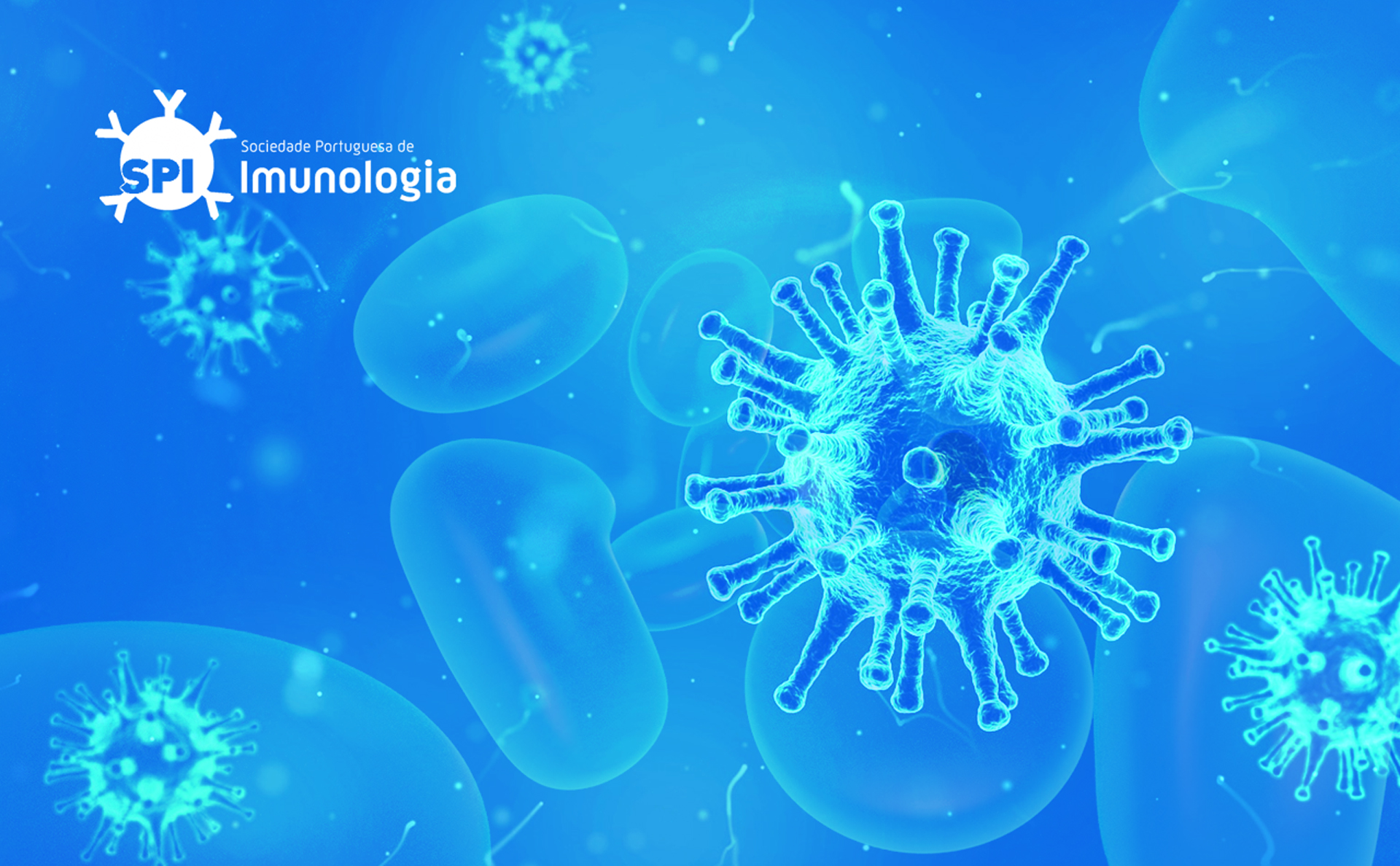CNIO-CAIXARESEARCH FRONTIERS MEETING:
FRONTIERS IN IMMUNOMODULATION AND CANCER THERAPY
Gulbenkian Institute for Molecular Medicine
Between 16-19 October 2024, the second edition of the Frontiers in Immunomodulation and Cancer Therapy meeting took place in the welcoming city of Madrid, Spain. Hosted by the renowned Spanish National Center for Cancer Research (CNIO), this conference offered a packed agenda, covering everything from basic immune regulation to innovative immunotherapy approaches.
The opening plenary by Kenneth Murphy (Washington U, USA) was a great way to kick things off. He compared the complexity of dendritic cell (DC) differentiation to building IKEA furniture—it’s not just about having the right tools (transcription factors); it’s about knowing how to use them in the right order! Using sophisticated genetic tools, his lab dissected the step-by-step transcription factor activation during cDC1 generation. On top of that, Murphy gave us a deep dive into antigen presentation mechanisms, breaking down the differences between the canonical cytosolic pathway (involving the proteasome and ER translocation of antigens) and non-canonical, vesicle-based routes.
The first session was a highlight for macrophage afficionados, particularly with Florent Ginhoux (Gustave Roussy, France) presenting a fascinating approach using dynamic time-stamping and single-cell omics. He showed how the location and timing of monocyte-derived tumor-associated macrophages (TAMs) shape their fate and heterogeneity.
The huge success of checkpoint inhibitors and CAR-T cells in treating certain cancer types, combined with their limited efficacy in others, has kept the buzz around new immunotherapies alive. As evidenced in this conference, researchers are tackling the challenges by either enhancing current therapies or exploring entirely new targets and pathways, aiming to improve outcomes across a wider range of cancers. Mark Cragg (Southampton General Hospital, UK) gave a fresh perspective on exploring agonist antibodies, highlighting the key features to engage effector cells more efficiently in the development of activating monoclonal antibodies or cell engagers. Luis Álvarez Valina (H12O-CNIO) and his team generated excitement with STAb-T cells, a new cell therapy approach where T cells (TILs/CAR-T) are engineered to secrete bi-specific engagers that target both tumor antigens and CD3. By doing this, T cells are turned into factories for their own potentiating agents. Also falling into the “killing two birds with one stone” category, Alicia Teijeira Crespo (Cardiff U, UK) introduced us to oncolytic viruses delivering checkpoint inhibitors, thus killing the tumor while reinvigorating local T cells. Joan Russo Cabrera (H12O-CNIO, Spain) presented how DNA breaks induced by a small molecule (Lurbinectedin) sensitizes lung tumors to checkpoint blockade. Meanwhile, Sandra Demaria (Weill Cornell Medical College, USA) discussed how local radiotherapy could be a game-changer, both by activating the immune system and protecting distant tissues from metastasis, underlying promising results in combination with CTLA-4 blockade in clinical trials.
Expanding beyond conventional T cells, Bruno Silva-Santos (GIMM, Portugal) showcased the exciting potential of γδ T cells in cancer therapy. He explained the innate (NK-like) mechanisms behind the very broad tumor recognition by Delta One T (DOT) cells, a “made-in-Portugal” γδ T cellular product, known for its powerful antitumor activity. I then presented my own data showing the capacity of these cells to target colorectal cancer, especially when used in combination therapies, including checkpoint blockade.
Switching gears to myeloid cells, David Sancho (CNIC, Spain) highlighted the potential of using natural cDC1 cells in adoptive cell therapy. These cells have a knack for inducing robust antitumor T cell responses and creating long-lasting immune memory in preclinical models. Building on this theme, Caetano Reis e Sousa (The Francis Crick Institute, UK) shared his groundbreaking work on F-actin scavengers, showing that either by competition with dendritic cells for their ligand or by altering the microbiome through vitamin D buffering, they severely dampen anti-tumor immune responses.
The conference finished with an inspiring closing keynote by Karin de Visser (NKI, Netherlands), who examined, by using elegant models and clinical studies, how breast tumors hijack granulopoiesis to promote metastasis. Throughout the conference, the crosstalk between cancer and neutrophils has been discussed from different angles. Ilaria Malanchi (The Francis Crick Institute, UK) introduced an unexpected player: uracil as a mediator of neutrophil-mediated pre-conditioning of distant tissues for metastasis. In turn, María Casanova-Acebes (CNIO, Spain) explored new mediators of neutrophil response to breast cancer metastasis. De Visser wrapped up the meeting presenting how the mammary tumor claims for the generation of immunosuppressor neutrophil responses, creating an environment ripe for cancer spread. Her work also reminded that genetic differences in tumors can lead to distinct immune-mediated changes, advocating for more personalized immune intervention strategies.
Overall, this CNIO-CaixaResearch Frontiers Meeting left the participants energized, with exciting new insights and promising approaches in the pipeline for understanding cancer immunity and improving cancer therapies. Thanks to the organizers for bringing together great speakers and promoting such an engaging environment and discussions that will undoubtedly shape the future of cancer immunotherapy.














